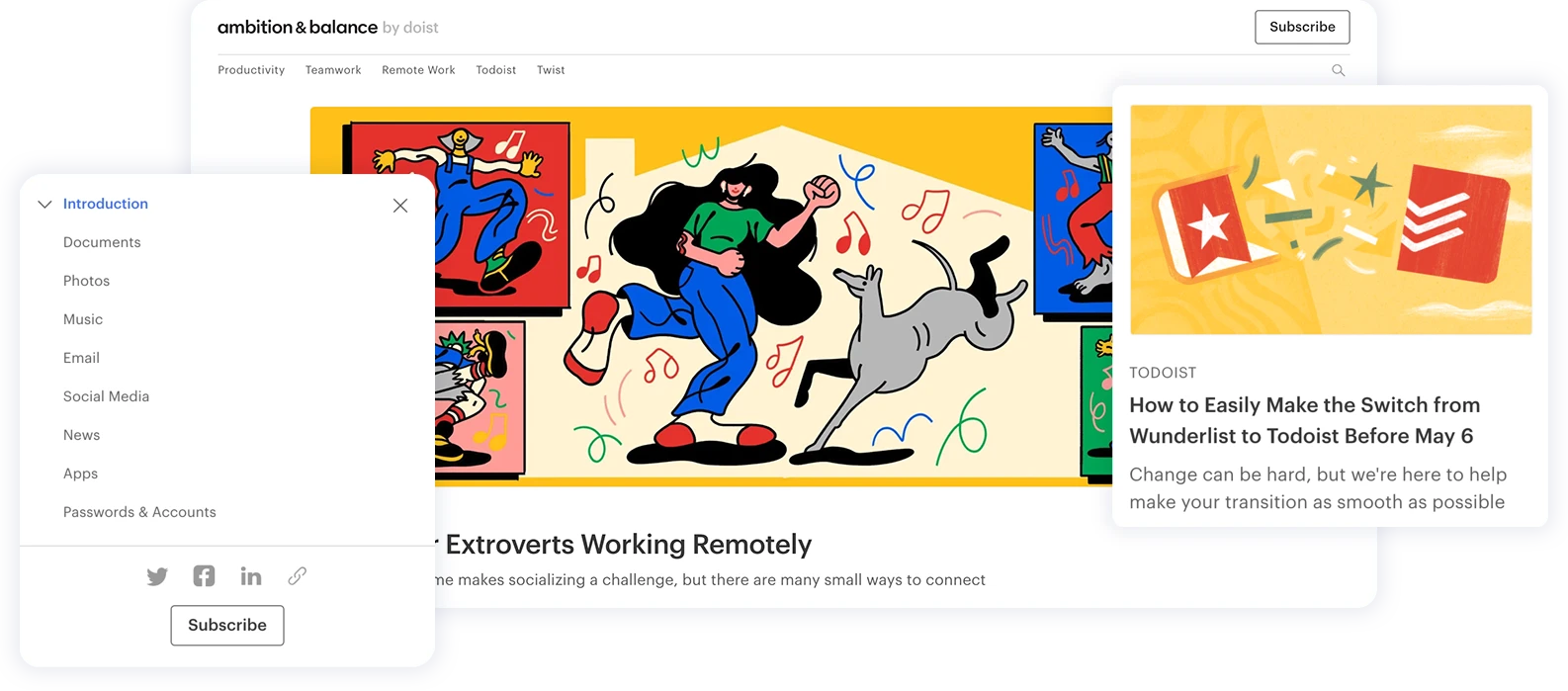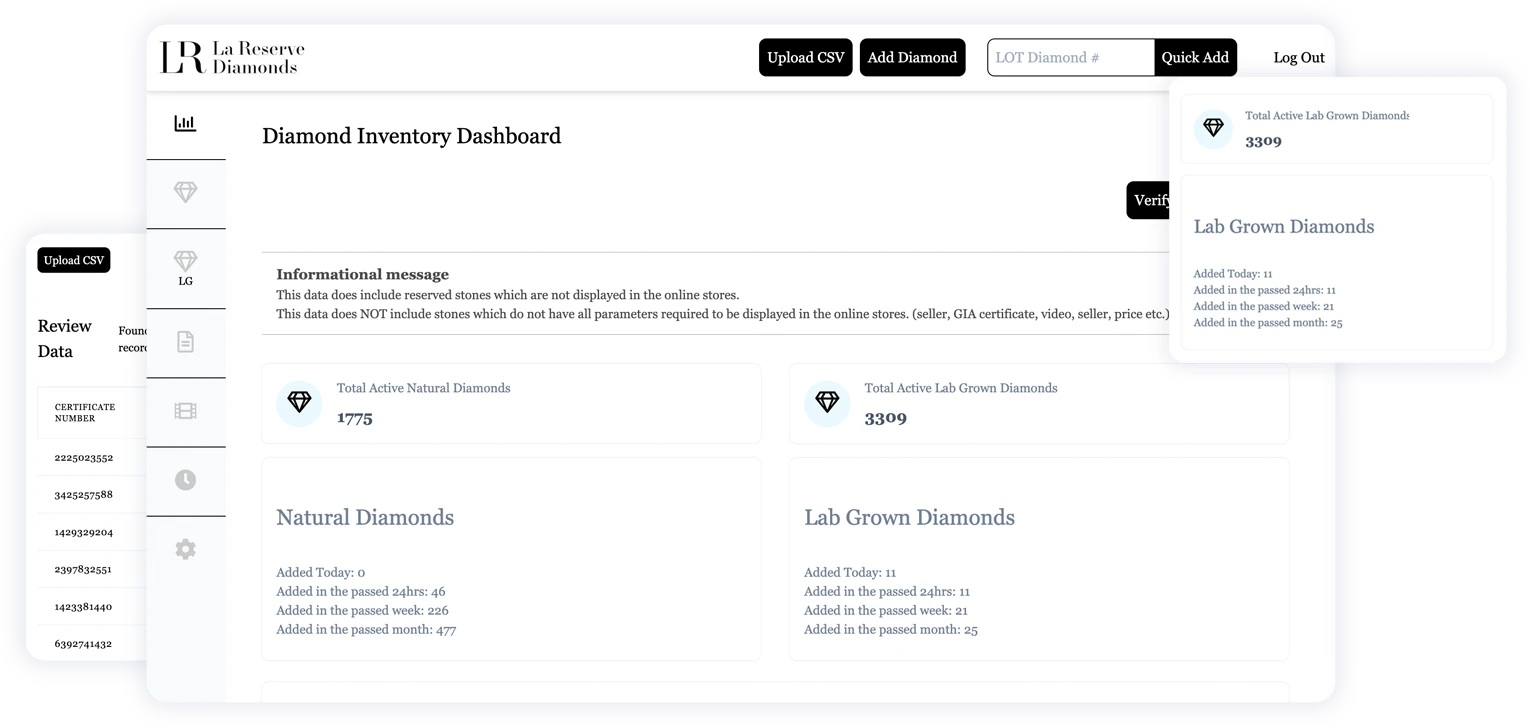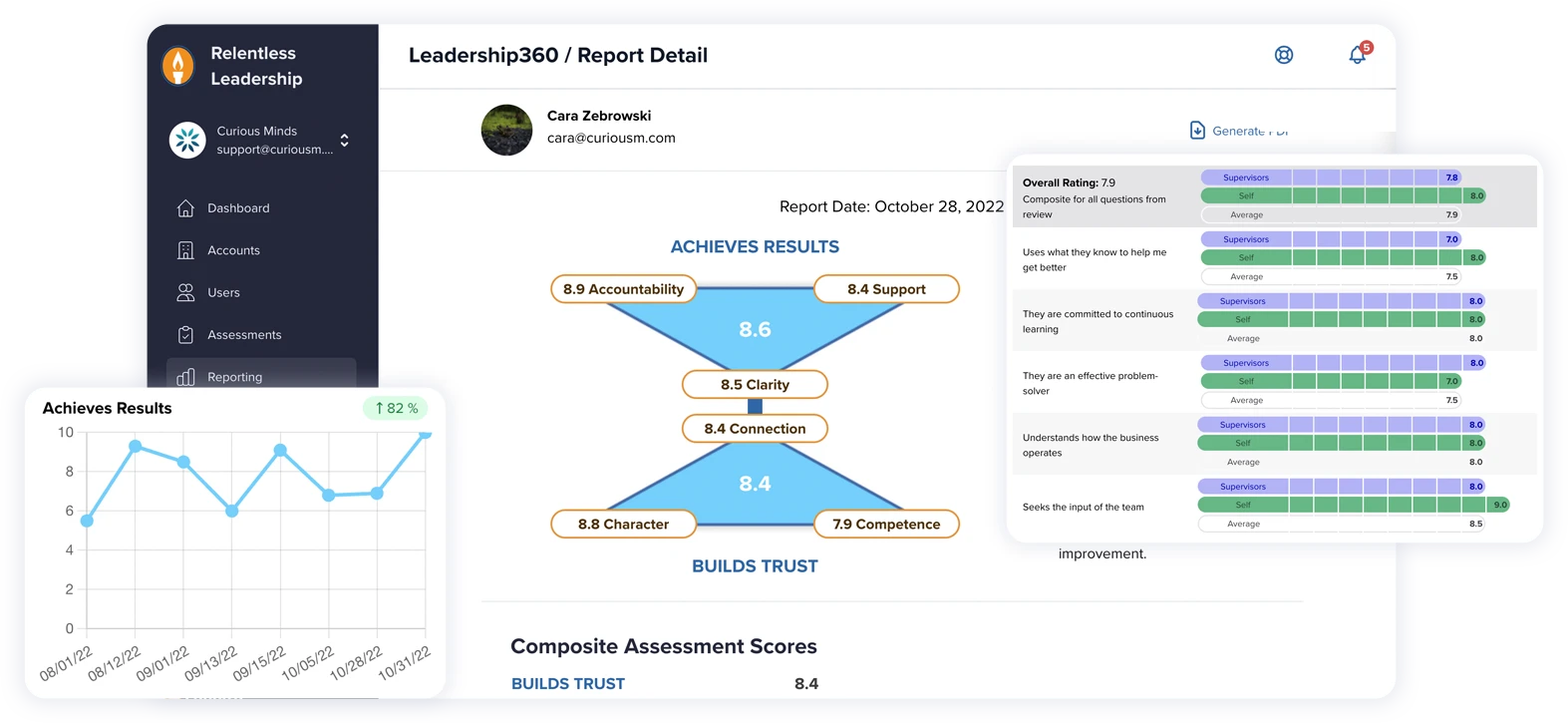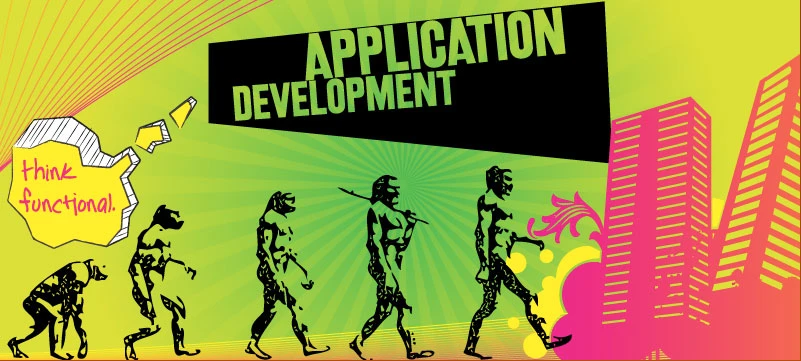Due to the pandemic, many organizations have needed to shift in-person events to online. Now that people have grown more accustomed to online events, the trend towards virtual may continue.
How can you make your online events a success? As with any event, detailed planning and advance promotion are keys to attracting the right audience. Follow these tips to pivot your events from in-person to online.
Inventory Your Resources
According to the American Marketing Association (AMA), you should take inventory of your technology and workstreams as you envision your online events. Start by considering whether you have access to an event technology platform, or need to identify a third-party solution. Research what similar organizations are doing and attend a few comparable events to get a feel of the experience.
Also, determine whether you need video assets and have the equipment and professionals to create videos. If you don’t have access to a video production studio, you may need to find one to use. Shorter events may only need simple opening and closing videos that you can create in-house, or with the help of a consultant. However, longer events may require many videos, such as transitions, speaker introductions, pre-recorded content, and more.
Optimize Your Website
Virtual events can be a great opportunity to drive traffic and leads to your website. Before you launch your first event, make sure your web content and design is current. If needed, add new functionality to support registrations or email list signups. Don’t forget to add specialized landing pages for your virtual events.
Also, you must ensure that your content management system (CMS) and any themes or plugins are updated. This critical maintenance protects your site and your event registrants from cyberattack risks. Routine maintenance also keeps your website operating at peak performance so that your visitors have a positive user experience.
For best results, partner with a technology firm with development and maintenance experience. You can offload website-related tasks to experts and focus on content and connecting with your event audiences.
Know Your Audience to Build Engagement
Before you invest any time creating content, spend time assessing your target audience. Who are they? What will they gain from attending your event? Answers to questions like these help you create a unique experience that speaks directly to their needs.
When you get inside the minds of your audience, you can create meaningful content in the right lengths and formats. For example, if you’re targeting busy executives, short events with clear takeaways may be the best fit. Early career professionals may prefer a more educational approach with options for self-guided learning. Also, consider the needs of your audience when choosing the date and time for your event.
With digital events, you have the opportunity to innovate and try out new formats. Many people are familiar with webinars, but you can also consider classes, live streams, behind the scenes tours, interviews, or replicate big conferences with presentations and networking. During the event, you can leverage features such as polls and chats to boost interaction. You can also encourage live tweets or social posts by adding share-worthy quotes or stats on your event slides.
Build a Strong Promotion Strategy
Online events aren’t novel, and your audience may receive multiple event invitations per week. In addition, they may see posts highlighting events on social media. How will your online event stand out? You’ll need a strong promotion strategy that makes your event get noticed.
Remember your target audience. Center your event promotions on their needs and highlight unique features of your event. Maybe you’re featuring a well-known speaker or offering valuable skill-building opportunities. Make sure this value proposition is clear in all of your marketing.
Also, choose the outreach channels your customers prefer. If you’re hosting an event for customers or a known audience, you may get good mileage out of email marketing. However, you may need to advertise to attract attendees who are less familiar with your organization. Depending on your audience, you can use LinkedIn InMail, Instagram Stories, or Facebook events. Ask speakers to use their social influence to promote events and consider creating an event-specific hashtag.
According to Adobe, event registrations tend to peak around two to three weeks before an event. Time your promotions for this window to maximize your audience size.
Create Virtual Events that Make an Impact
Even after the pandemic fades, the power of online events will sustain. Compared to in-person events, virtual events can be cost-effective to host and manage since you won’t need to invest in space and equipment. Also, since there are no travel costs, attendees can join from anywhere. That means you can extend your reach into new geographies by offering events online.
With virtual events, you can eliminate time-consuming set-up and tear-down tasks, and spend more time focusing on delivering quality content. Online events are also often more measurable, since technology empowers you to track attendance and collect feedback with ease. You can also give attendees the flexibility to attend portions of your event and access recordings of other segments to give them more control over their event experience.
Although some organizations shifted to online events out of necessity, the advantages of virtual events are clear. As you consider the next steps in your marketing, you should explore how virtual events can help you build relationships with your target audiences.



















